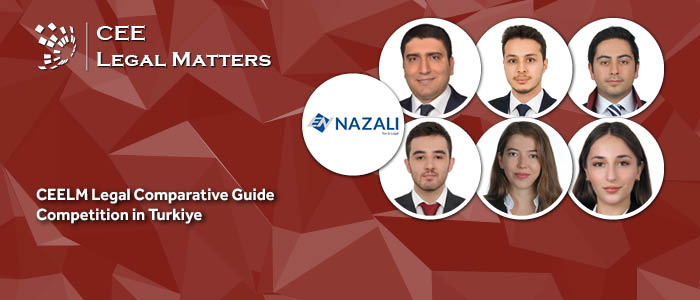International arbitration is a highly popular instrument of the dispute resolution, and, therefore, the actual recovery of debts is a matter of high importance. Meanwhile, creditors often face problems in the process of recognition and enforcement of foreign arbitral awards in Russia. Statistics for 2020 shows that 87 of 244 claims submitted to Russian courts were dismissed (35.6%). This means that each third claimant cannot count on receiving the funds in reality.
New Era in Trials: Procedures and Principles to Attend Hearings Through Audio and Video Transmission Are Regulated
The "Regulation on the Conduct of Trials by Audio and Video Transmission in Civil Procedures" ["Regulation"] was published in the Official Gazette dated 30 June 2021 numbered 31527 and entered into force on the same date. The Regulation sets out the procedures of e-hearings, which have become more important due to the Covid-19 pandemic. According to Regulation, e-hearings will have the same legal consequences with the physical hearings.
Mandatory Mediation: An Obstacle to Access to Justice?
Mediation is essentially a dispute resolution method; and an ancient institution throughout the history of mankind that is traditionally recognized in almost all societies. Instead of bringing an action before court; by applying mediation, the disputing groups [i.e., the villagers, townsfolk or members of a profession] discuss the issue with the assistance of a third person, and that third person assists parties in reaching a settlement. In this conventional system based on the fundamental principle of freedom of will, mediation is perceived to be an “alternative” dispute resolution method free from the coercive power of state. Such situation similarly appears in the settlement of disputes between the states.
Current View of Public Prosecutor’s Office on Proving Legal Entities’ Exculpation
Since the introduction of the institution of legal entities’ exemption from criminal liability in 2016, there has been discussion on the distribution of the burden of proof in proving the conditions for its application in criminal proceedings. Meanwhile, the prosecution’s view has been gradually changing.
Trends and Developments – Handling Disputes in Times of COVID Pandemic
As does every crisis, the COVID-19 pandemic has created an influx of high-profile litigation matters. A significant disparity has emerged during the crisis: Larger litigation departments – like our firm – are extremely busy, while some solo practitioners are suffering severely from the economic downturn.
Challenging of Judicial Review in Tax Disputes
Procedural rules that have entered into force in recent years have fundamentally changed litigation in Hungary. This is especially true for tax litigation.
The Implications of the COVID-19 Crisis for Litigation in Hungary
As the world continues to fight the challenges presented by COVID-19, some guidance on the effects on litigation of the COVID-19 crisis can be discerned from the past year. We know that some sectors have suffered more than others, and participants in industries most affected by COVID-19, like airlines, HORECA, tourism, entertainment, and the commercial real estate sector have already become involved in related legal disputes, such as contractual disputes concerning supply chain disruptions. The big question is whether the pandemic qualifies as a force majeure or a material adverse change that could allow the contracting parties to walk away.































